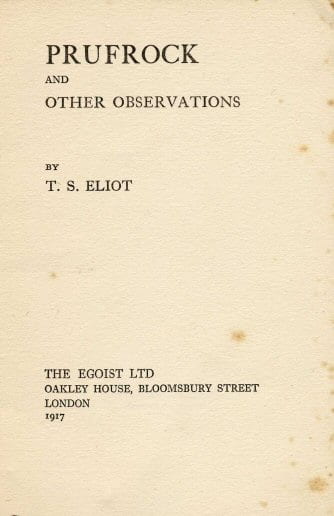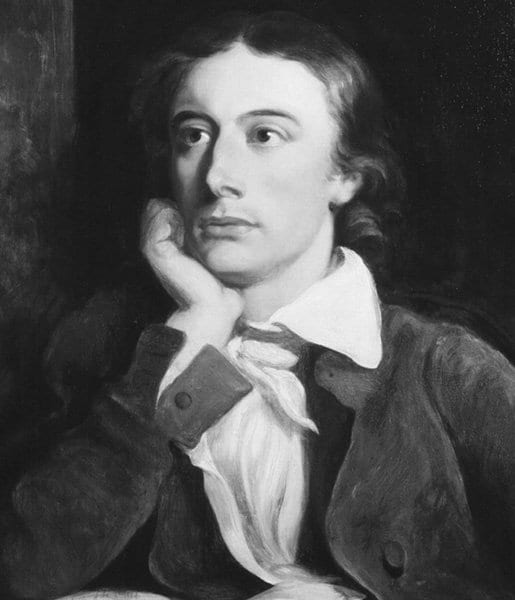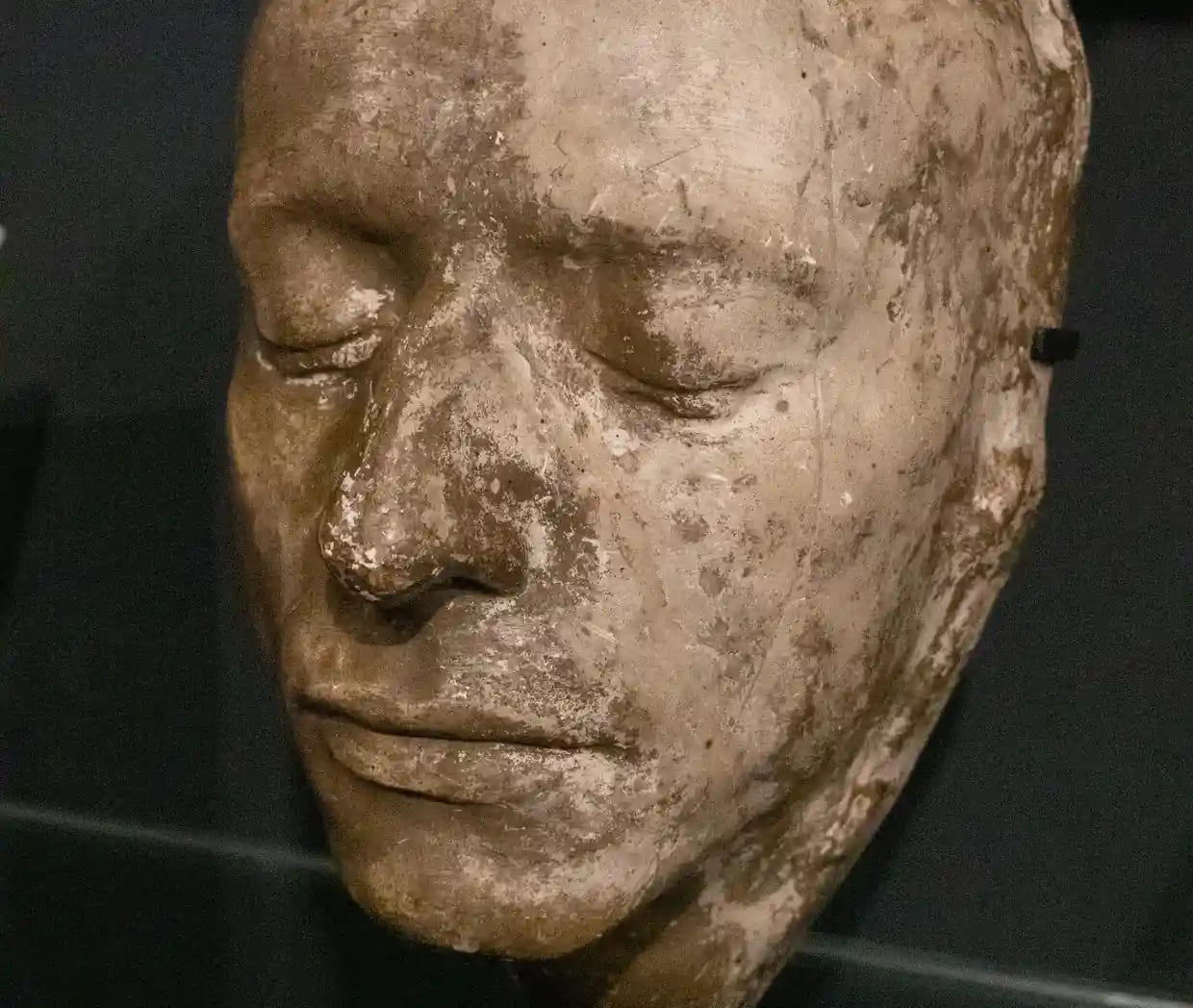Revised syllabus, 14 Feb: ENG 256W Spring 2022 REV
“a safe fairyland is untrue to all worlds” J.R.R. Tolkien
Lingyuan sample research essay Twelfth Night
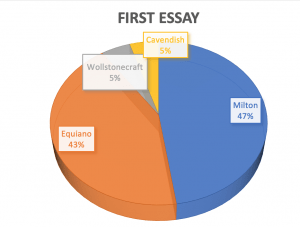
“Thy gentle hand seized mine, I yielded”
Is this the seat our conqueror has given?
And this the climate we must change for heaven?
These regions and this realm my wars have got;
This mournful empire is the loser’s lot;
In liquid burnings, or on dry, to dwell,
Is all the sad variety of hell.
“Ay, you may tag my verses if you will.” (Milton to Dryden)
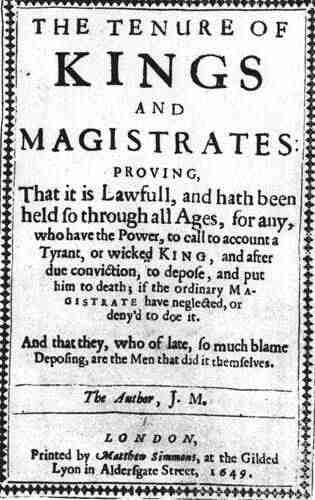
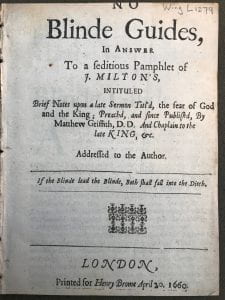
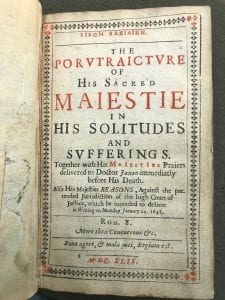
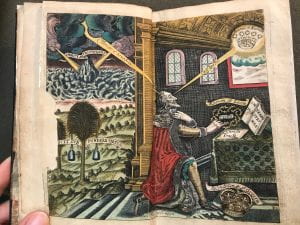
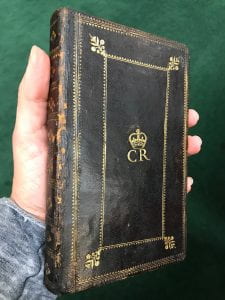
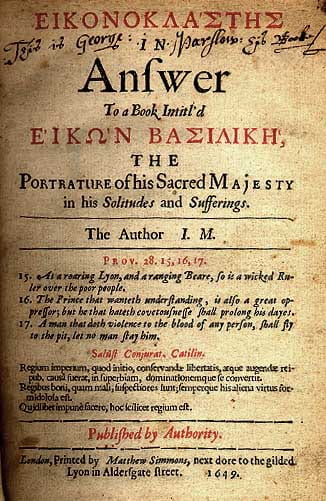
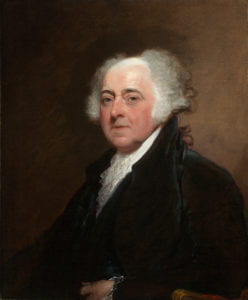
That mans Soul, it seems to me, was distended as wide as Creation. His powr over the human mind was absolute and unlimited. His Genius was great beyond Conception, and his Learning without Bounds. I can only gaze at him with astonishment, without comprehending the vast Compass of his Capacity. (John Adams, Diary 1: 23)
Satan’s words “have a long grand sound [. . .] which makes the whole fram of both Reader and Hearer thril with Transport.” [Rebel angels brandishing swords]: “alarms, rouses, astonishes” the mind. Nevertheless, Adams realizes that “The general sentiment is that of Rebellion and Warfare, proclaimed by all the infernal Host against the Almighty, which is a sentiment that cant fail to excite Horror.”
Can one read, without shuddering, this wild reverie of the divine, immortal Milton? [. . .] What! a single assembly govern England? an assembly of senators for life too? What! did Milton’s ideas of liberty and free government extend no further than exchanging one house of lords for another, and making it supreme and perpetual? [. . .] John Milton was as honest a man as his nation ever bred, and as great a friend of liberty; but his greatness most certainly did not consist in knowledge of the nature of man and of government, if we are to judge from this performance. (Works 4: 465-66; qtd. in Patterson 281)
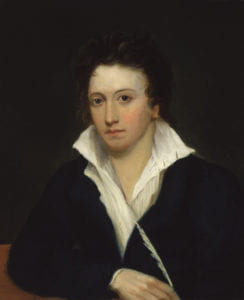
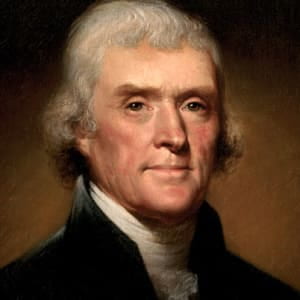
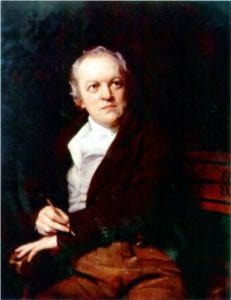
 Virginia Woolf, A Room of One’s Own (1929)
Virginia Woolf, A Room of One’s Own (1929)
My belief is that if we live another century or so — I am talking of the common life which is the real life and not of the little separate lives which we live as individuals — and have five hundred a year each of us and rooms of our own; if we have the habit of freedom and the courage to write exactly what we think; if we escape a little from the common sitting-room and see human beings not always in their relation to each other but in relation to reality; and the sky, too, and the trees or whatever it may be in themselves; if we look past Milton’s bogey, for no human being should shut out the view; if we face the fact, for it is a fact, that there is no arm to cling to, but that we go alone and that our relation is to the world of reality and not only to the world of men and women, then the opportunity will come and the dead poet who was Shakespeare’s sister will put on the body which she has so often laid down.
Lady Mary Chudleigh, 1699:
Woman’s being created last will not be a very great argument to debase the dignity of the female sex. If some of the men own this … ‘tis more likely to be true. The great Milton, a grave author, brings in Adam thus speaking to Eve in Paradise Lost, ‘Oh, fairest of creation, last and best of all God’s works.’
Mary Astell, 1700:
Patience and submission are the only comforts that are left to a poor people who groan under tyranny unless they are strong enough to break the yoke. Not Milton himself would cry up liberty to poor female slaves or plead for the lawfulness or resisting a private tyranny.

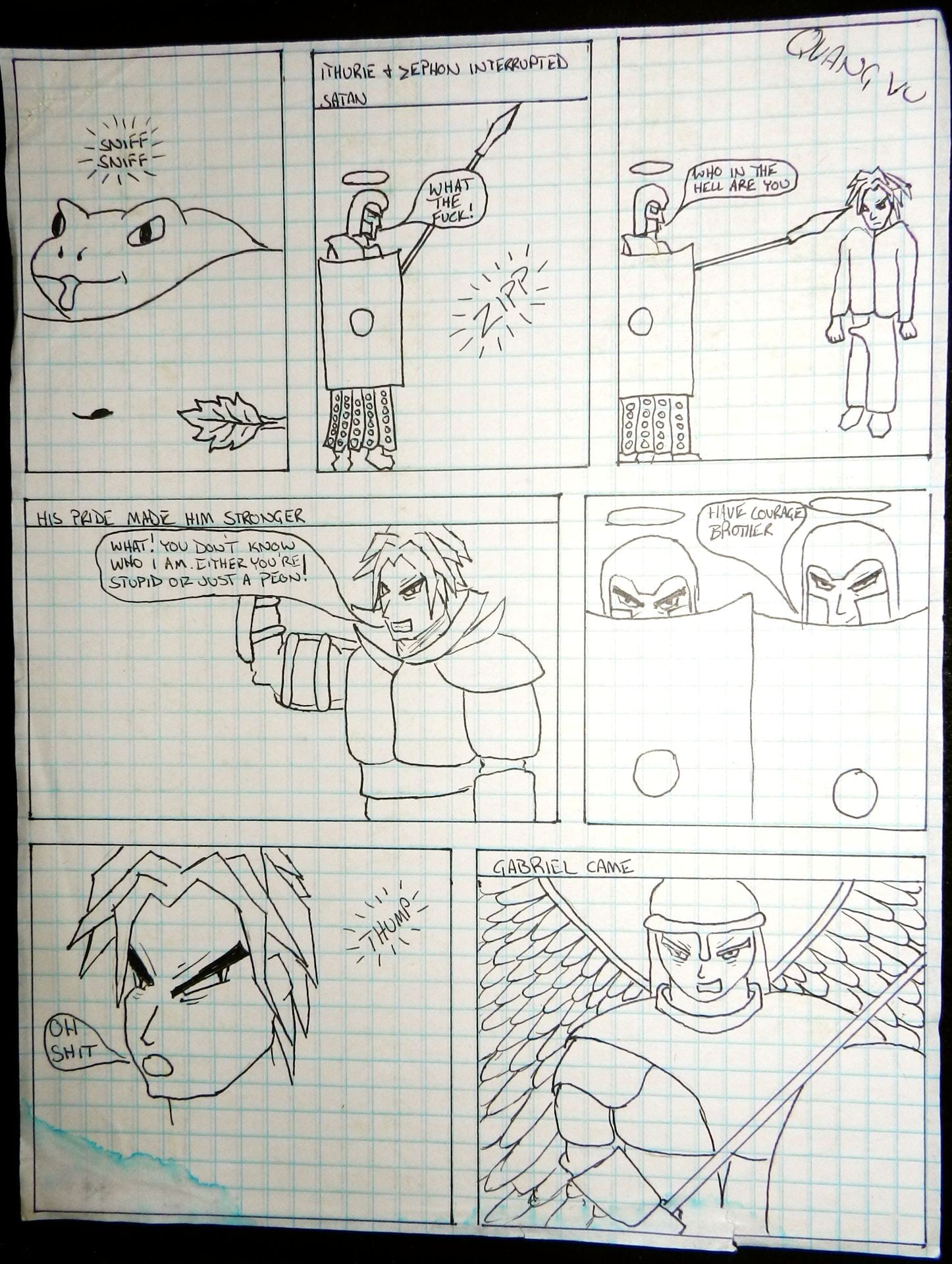
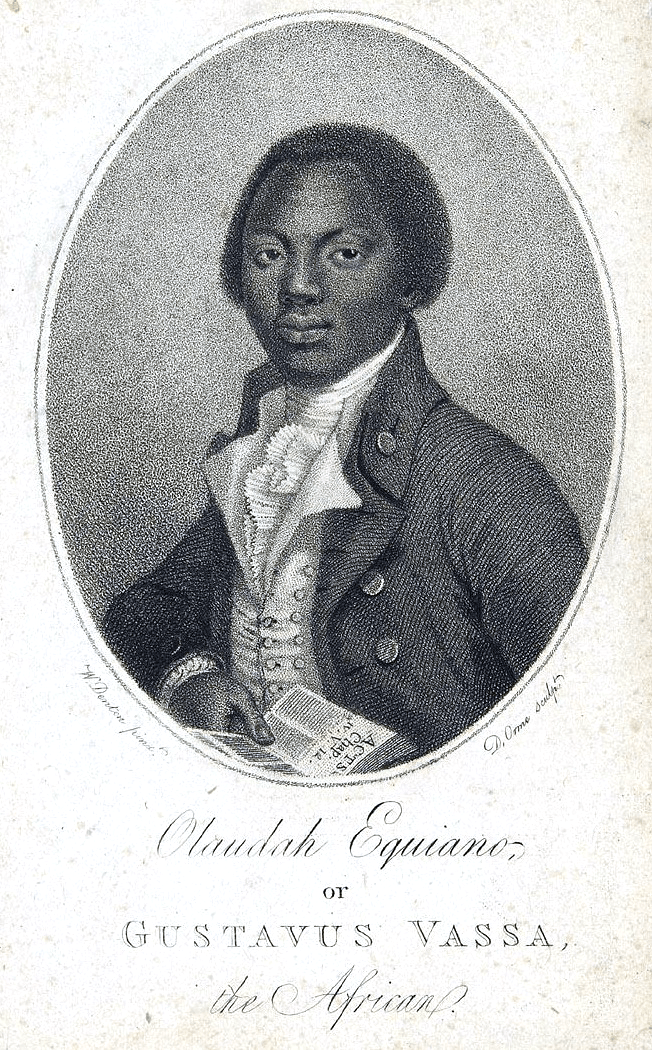
An Interesting Narrative (chapters 1-3)
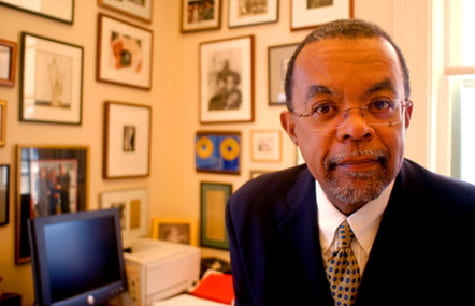
Signifying Monkey, chapter 3: “The Talking Book”
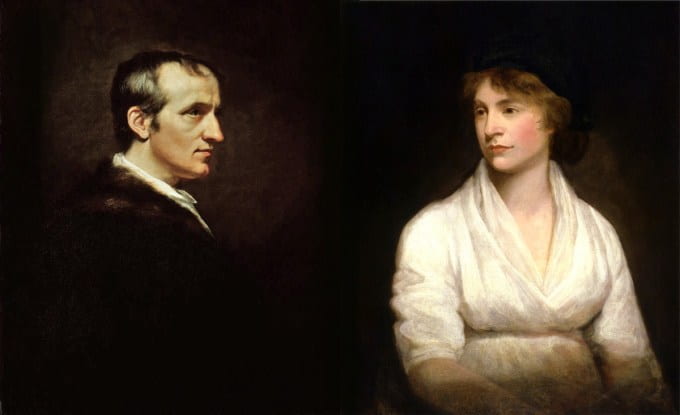
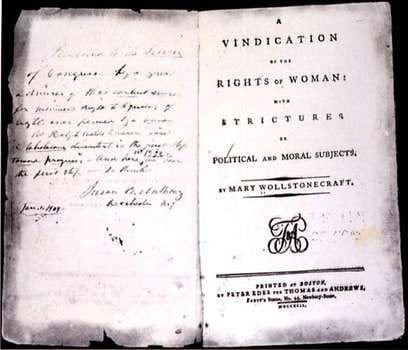

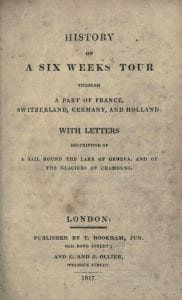
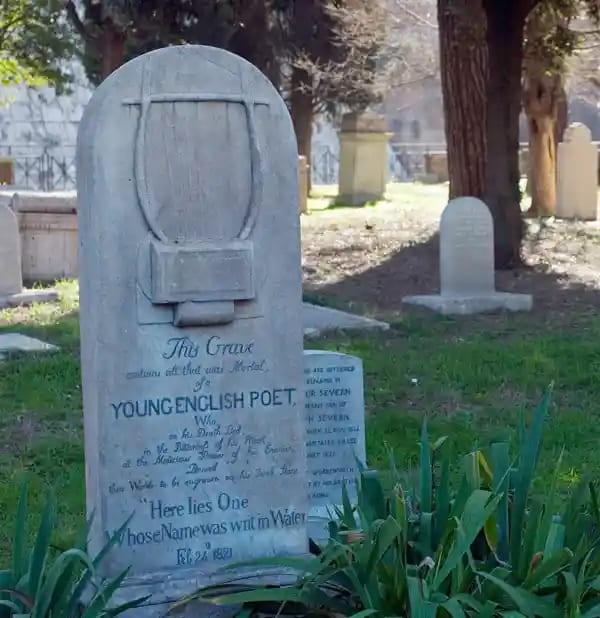
John Keats, Negative Capability
December, 1817 letter:
“Brown and Dilke walked with me and back from the Christmas pantomime. I had not a dispute but a disquisition, with Dilke on various subjects; several things dove-tailed in my mind, and at once it struck me what quality went to form a Man of Achievement, especially in Literature, and which Shakespeare possessed so enormously — I mean Negative Capability, that is, when a man is capable of being in uncertainties, mysteries, doubts, without any irritable reaching after fact and reason — Coleridge, for instance, would let go by a fine isolated verisimilitude caught from the Penetralium of mystery, from being incapable of remaining content with half-knowledge. This pursued through volumes would perhaps take us no further than this, that with a great poet the sense of Beauty overcomes every other consideration, or rather obliterates all consideration.
Keats and Insomnia
Keats and metaphors of depression

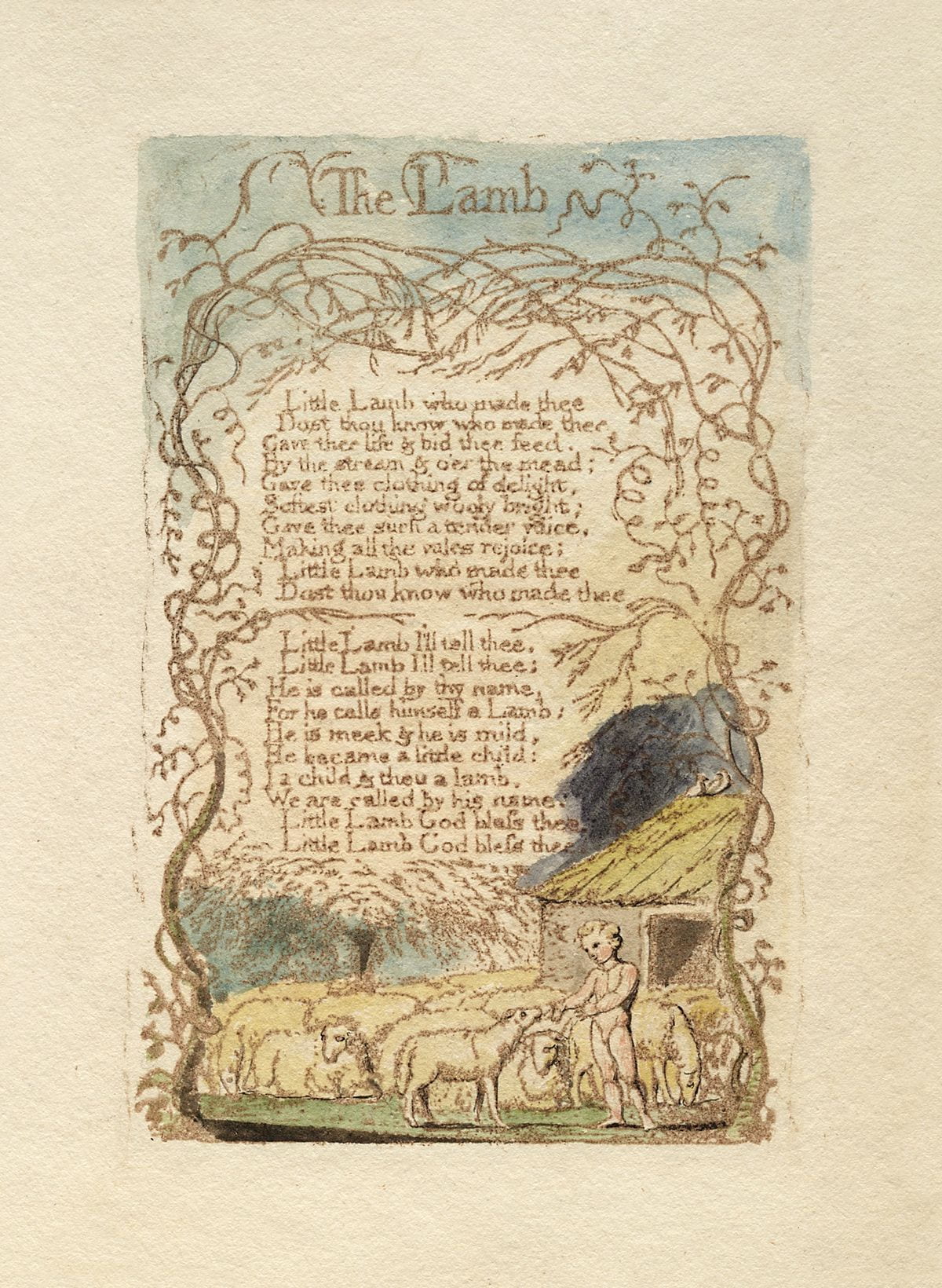
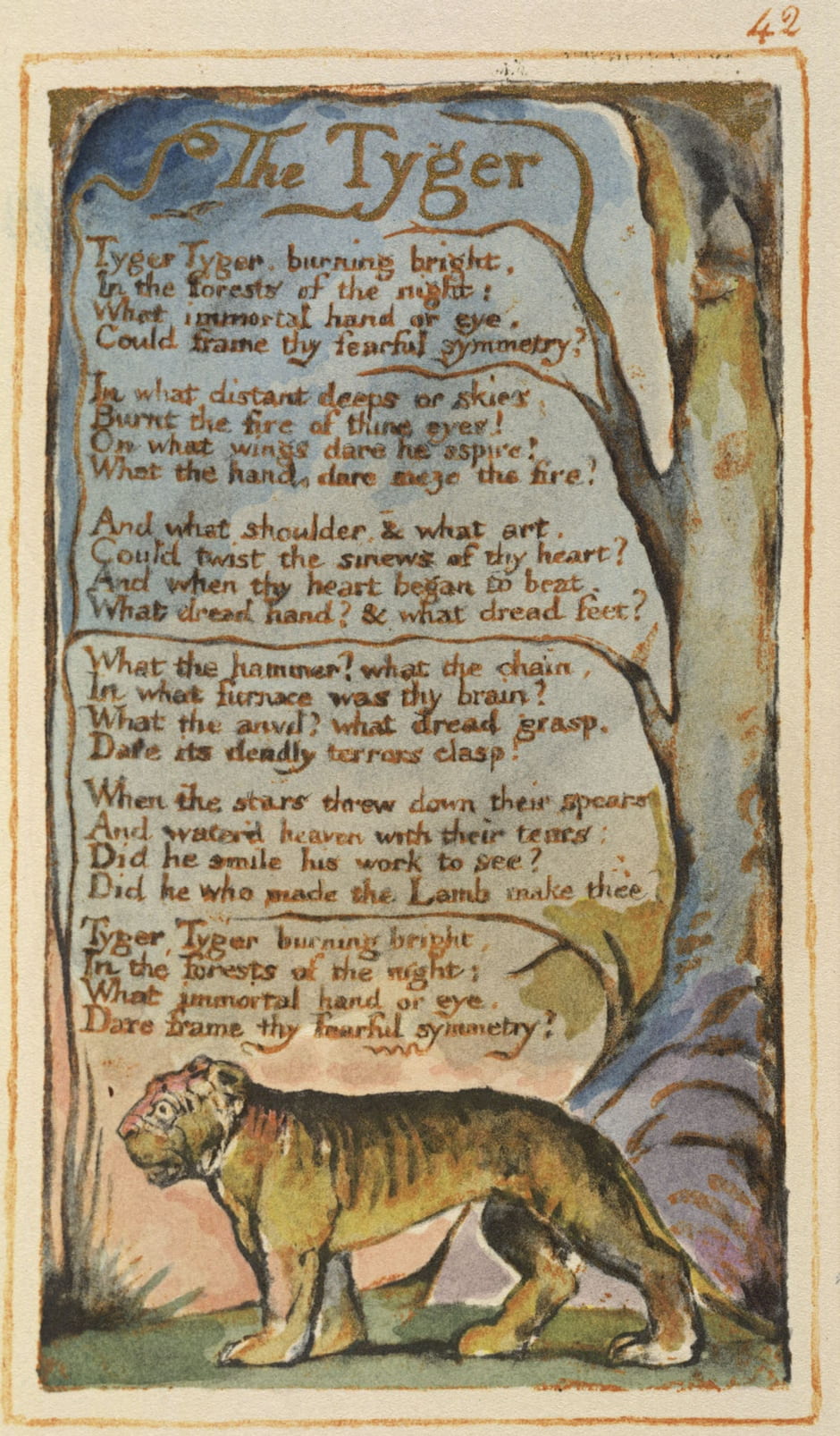
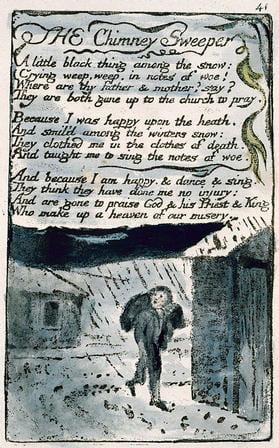
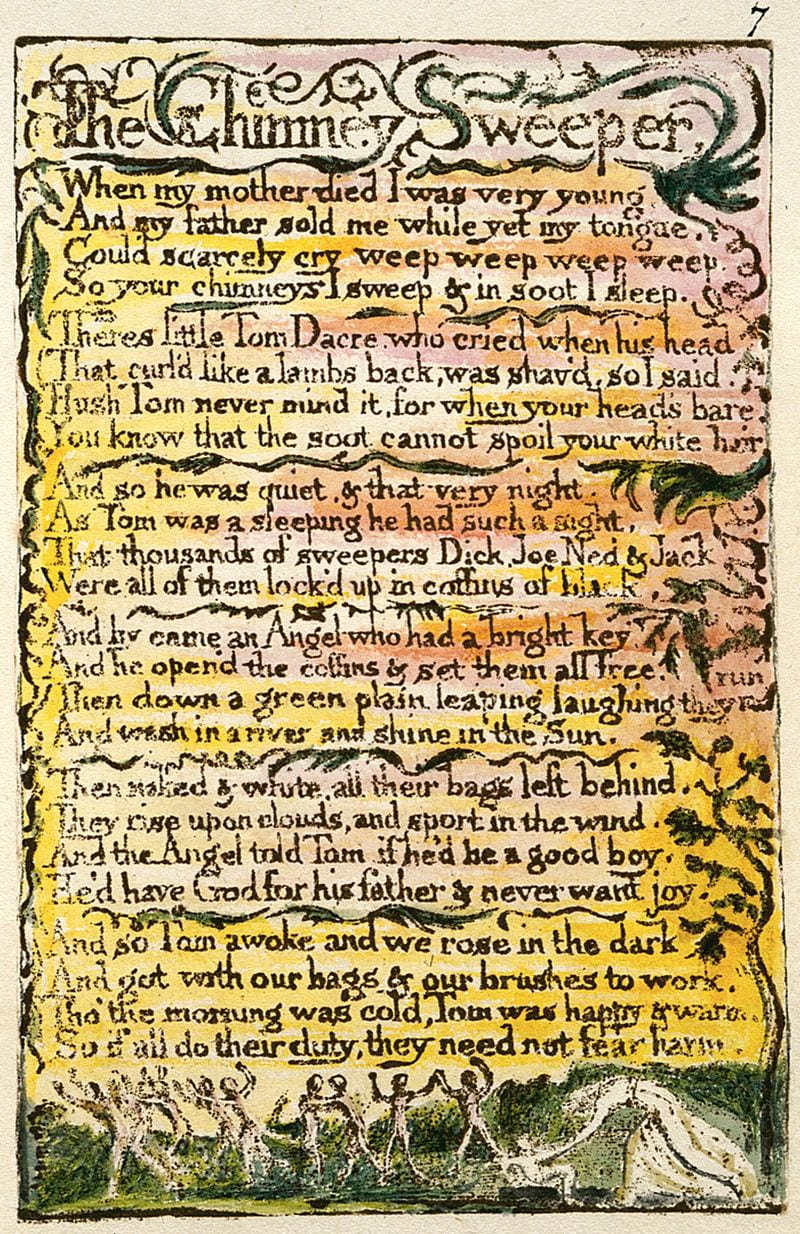
The Chimney Sweeper: When my mother died I was very young
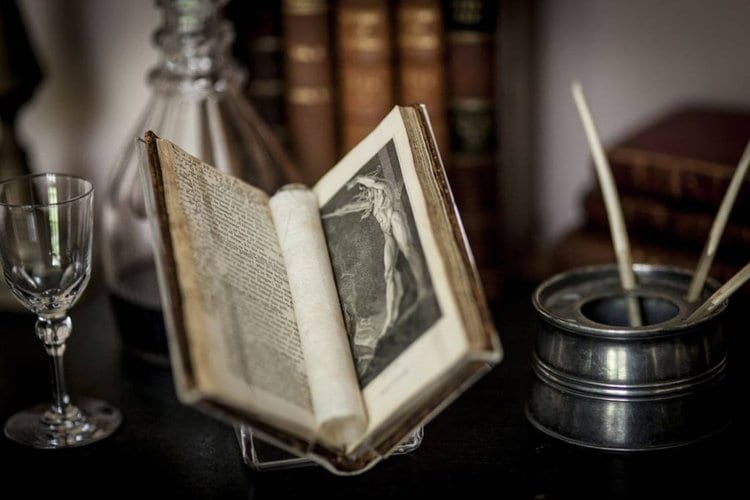
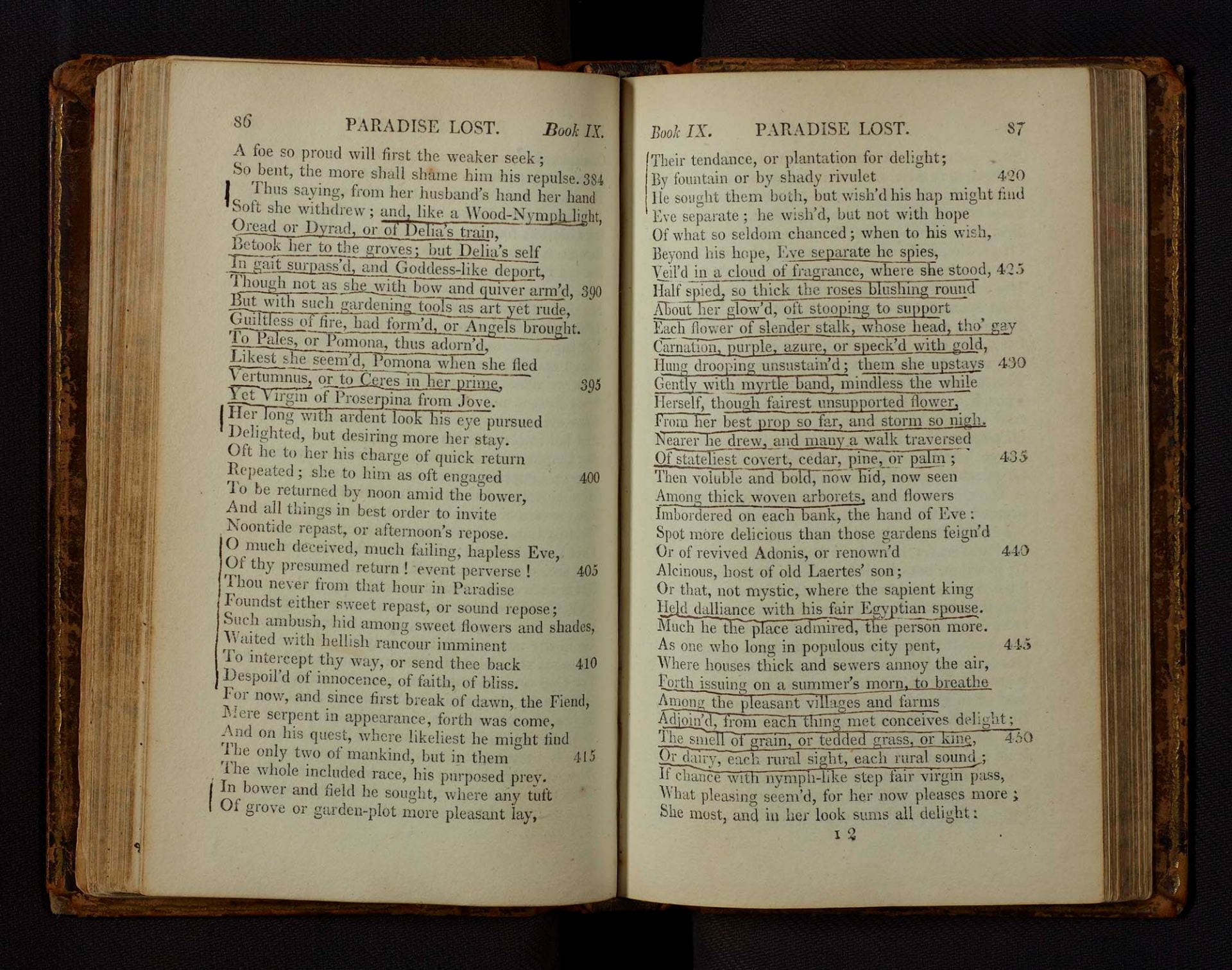

Keats: Negative Capability
I had not a dispute but a disquisition with Dilke, on various subjects; several things dovetailed in my mind, & at once it struck me, what quality went to form a Man of Achievement especially in Literature & which Shakespeare possessed so enormously—I mean Negative Capability, that is when man is capable of being in uncertainties, Mysteries, doubts, without any irritable reaching after fact & reason—Coleridge, for instance, would let go by a fine isolated verisimilitude caught from the Penetralium of mystery, from being incapable of remaining content with half knowledge. This pursued through Volumes would perhaps take us no further than this, that with a great poet the sense of Beauty overcomes every other consideration, or rather obliterates all consideration.
Sample research essays:
Sample Essay Shakespeare Measure for Measure
Reinventing Shakespeare paper Higinbotham
